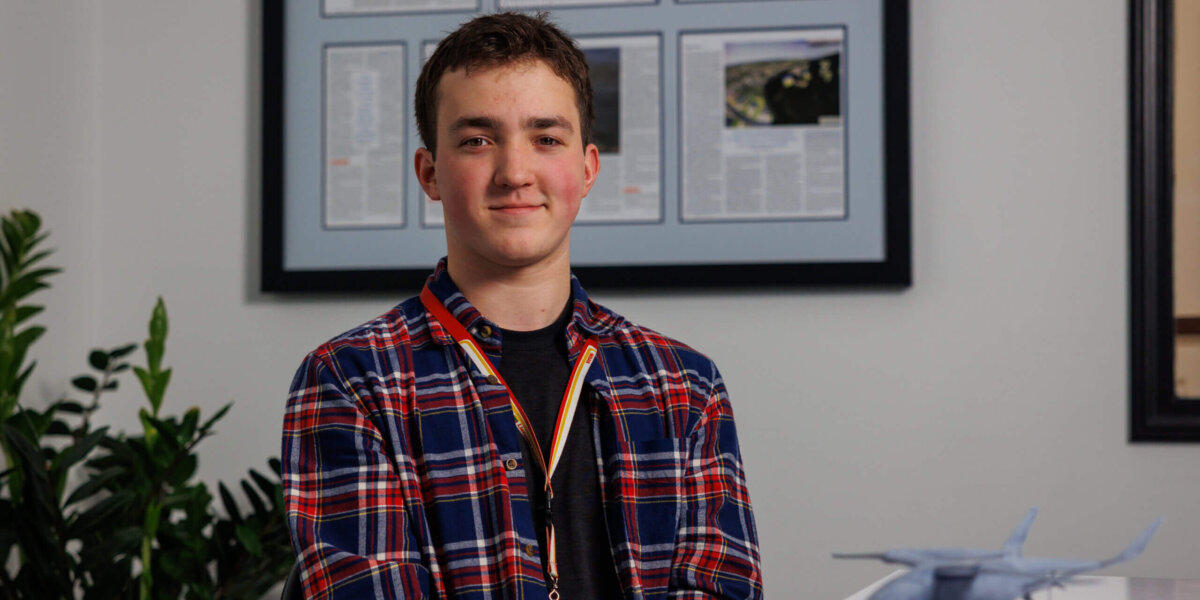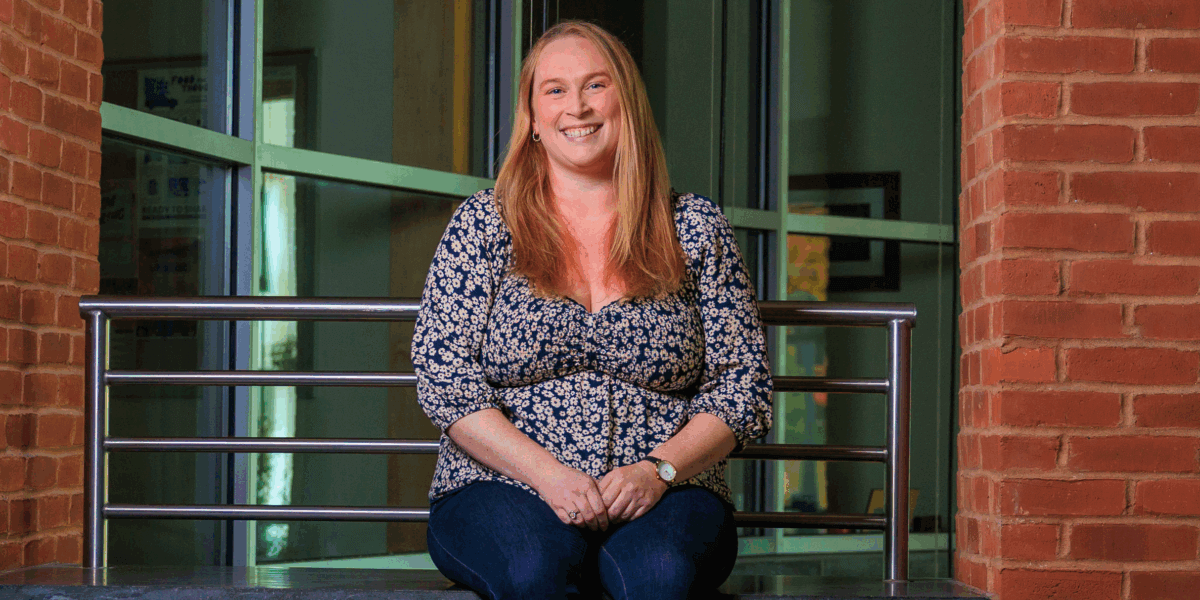Jesse thought he wouldn’t have the ability to do well in school.
Calvin didn’t like high school, because he was forced to learn things he wasn’t interested in.
Scott wanted to do nursing, but it wasn’t cool—guys weren’t nurses—so he let peer pressure dictate what he did.
If Quinn had gone to college right after high school, he probably would have ended up failing out.
These are four male student journeys, in their own words. And they aren’t alone. They represent larger trends in education and beyond: Boys are 50% more likely than girls to fail math, reading, and science. Boys are three times more likely than girls to be expelled. In Vermont, enrollment in our public colleges (CCV, Vermont State University, and UVM) is roughly 30%. Men are dropping away from the workforce—and at higher rates when they don’t hold a college degree. Median earnings for men without a college education have risen just 3% since 1979. Men are four times more likely than women to die by suicide.
As Brookings Institute scholar Richard Reeves has said, we can’t lose sight of the fact that we have to keep doing more for girls and women. At the same time, we need to pay more attention to boys and men. Both things can be true. This is not a zero-sum game.
Last spring, Reeves visited Vermont to talk about these issues. He was hosted by the Tarrant Foundation, in partnership with CCV, UVM, and the Vermont Community Foundation. On a snowy April evening, he gave a keynote based on his book Of Boys and Men: Why the Modern Male Is Struggling, Why It Matters, and What to Do About It. The next morning, he joined educators and business leaders in a panel discussion at CCV-Winooski.
Out of those conversations, the Tarrant Foundation has carried the torch into a months-long production and tour of the newly released documentary, Gone Guys. The film features educators, including CCV President Joyce Judy, students, non-profit leaders, and community members from across Vermont, and looks closely at the ways in which our boys and men are falling behind.
Lauren Curry, executive director of the Tarrant Foundation, says CCV was an obvious partner from the beginning. “CCV has been working for a really long time to remove barriers to postsecondary education for any underserved population, and not just to remove barriers but to really provide a vision, and a boost, and wind at the back, and support along the way,” Curry said. “Not all states are as fortunate as we are in terms of the quality of our community college system and the way in which it has really chosen to serve Vermonters.”
“The way that CCV is reaching out to students across the state, and really demonstrating what [a] path can look like, and how accessible it can be, is crucial,” Curry said. Indeed, the four students above are now thriving, in part because of their CCV education. Jesse is attending CCV tuition-free, an opportunity he says is giving him a chance at a new life. Calvin supports his family by running his own small business. Scott transferred to Vermont Technical College (now VTSU) and is now a seasoned labor and delivery nurse. Quinn is a military veteran who transferred to UVM’s nursing program.
CCV continues to address the biggest barriers for all students—cost and time—through grants and flexible programming. The College is creating more opportunities for students who aspire to continue their education beyond CCV, and building earn-and-learn pathways that make it easier for students to earn a paycheck while they continue their education. And CCV remains a leader in the broader conversation about issues facing boys and men. Last year, CCV was invited to join the nationwide Higher Education Male Achievement Collaborative, spearheaded by Richard Reeves.
As we think about how to help male students succeed, we invite you to join us. Support CCV, and support these students on their journeys. Mentor a young person in your community. Connect a male student with CCV. Join us in our effort to imagine how we can make education more accessible, more applicable, and more relevant.
Janette Bombardier, COO of Chroma Technologies, poses a potent question in Gone Guys: what can you do tomorrow? “That’s a question that we all need to be answering,” said Curry. “Families, industries, the future of Vermont—this affects us all.”






